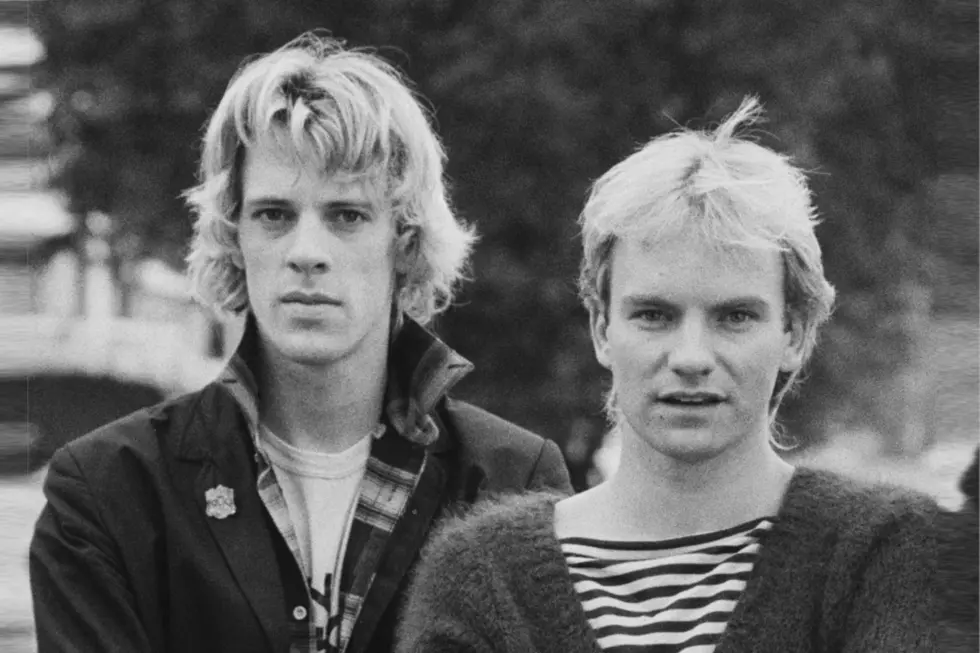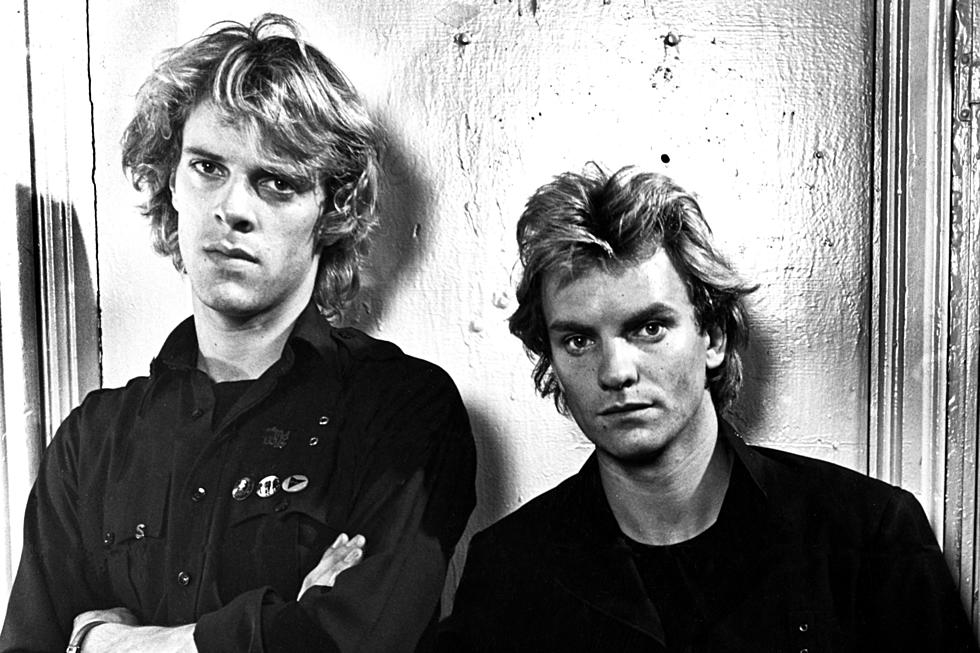
Machine Head, ‘Message in a Bottle’ – Terrible Classic Rock Covers
The early '90s were, by and large, a pretty tough time for metal bands in America – what with the post-grunge alternative rock wave that pretty much obliterated image-obsessed pop-metal (errr, no complaints there), drove most strains of extreme metal way underground, and dragged down even the best thrash bands of the previous decade.
Evolve or perish seemed the only way forward, and perhaps no one embodied this situation better than one-time Forbidden and Vio-lence guitarist Robb Flynn, who reinvented himself as the leader of post-thrash success story, Machine Head, via 1994’s stupendous Roadrunner Records debut, ‘Burn My Eyes.’
But within just a few years, a new form of heavy metal – so-called nu-metal – had risen to power thanks to new groups like Korn, Slipknot and Limp Bizkit, to name but a few. And with it came a peculiar trend of covering classic ‘80s rock and new wave songs, so pernicious and calculating it was obviously a ploy concocted by greedy record label executives to try and lure even more mainstream music fans to nu-metal’s cause.
Machine Head, too, soon fell in line with these developments on their third album, ‘The Burning Red.’ Not only was the band willing to corrupt its powerful post-thrash grooves with the new style's irritating clichés, but they selected the Police’s universal hit, ‘Message in a Bottle,’ as their mandatory cover version. This move, notwithstanding Flynn and co.’s evident good taste, subjected this classic song to almost unspeakable atrocities when reinterpreted - listen for yourselves.
Suffice to say that, while in the hands of The Police, Sting’s scholarly existential essay set to snappy white-boy reggae lifted spirits and set fingers-a-tapping across the globe, in Machine Head’s white-knuckled fists ‘Message in a Bottle’ became a depressing, angst-ridden cry over the futility of it all.
In other words, a total downer … thanks a lot, Machine Head!
More From Ultimate Classic Rock









